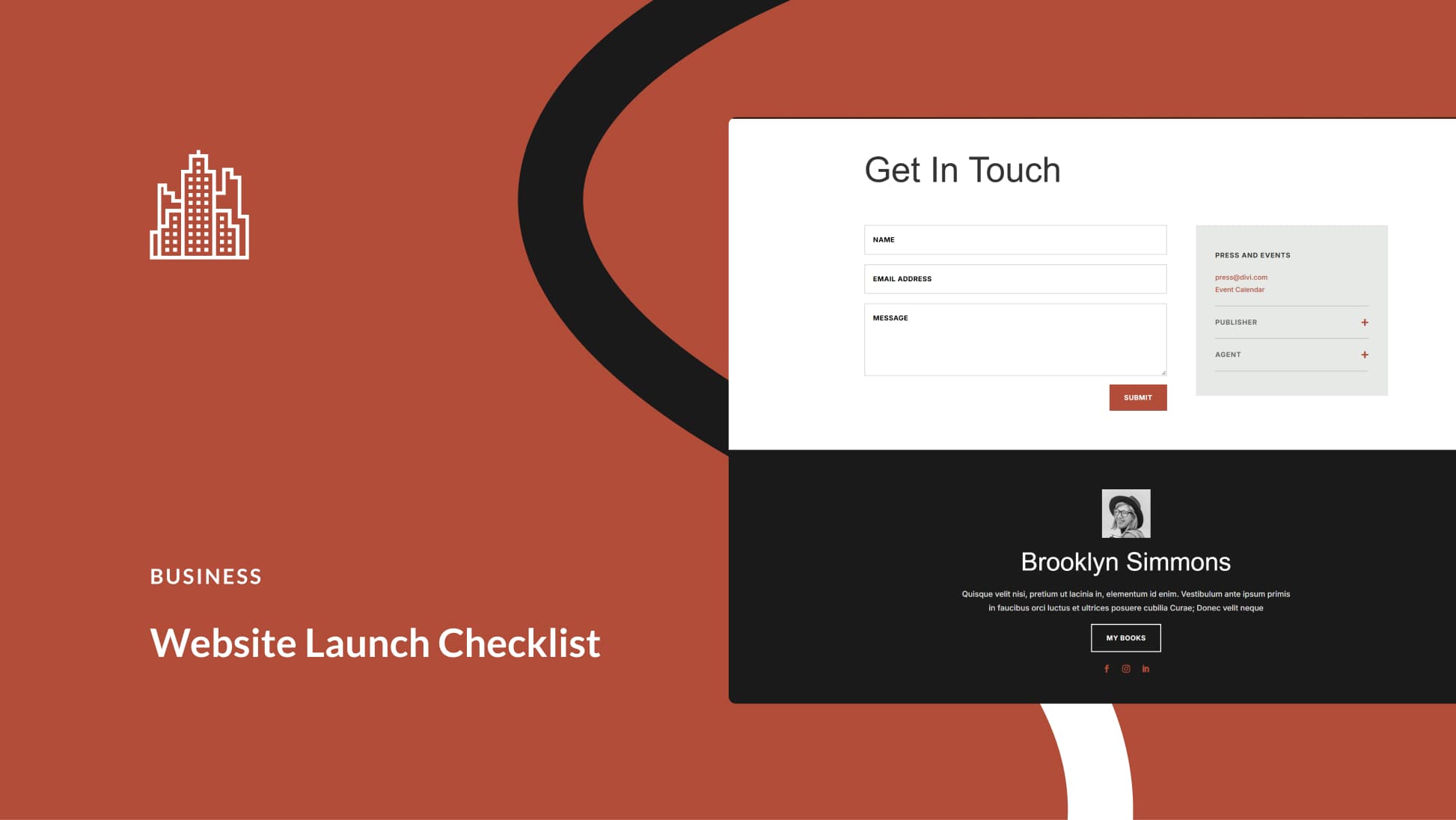Very few things in the modern world remain static. It used to be that you could learn a trade or skill and spend the next 20+ years doing more or less the same thing. It’s now rare to find jobs like that and the trend toward constant change (even within the same company or job) seems to be irreversible. Which makes learning how to learn and adapt perhaps the most important skill anyone can possess in this new world.
So important, that thinkers like the futurist Alvin Toffler put this skill on par with the importance of basic literacy, claiming, “The illiterate of the 21st century will not be those who cannot read and write, but those who cannot learn, unlearn, and relearn.”
So let’s talk about self-education!
The Traditional Approach to Learning
Most of us probably had similar learning experiences during our formative years. In most cases, you had a teacher who gave a lecture, assigned homework, then tested you on what you learned.
On paper, this approach doesn’t sound too bad. However, several modern studies show lectures are not an effective teaching mechanism. That’s because they turn you into a passive listener, which means you don’t get to engage with the subject you’re studying.
A lot of people make up for this by studying on their own. However, the techniques we were taught to rely on, such as highlighting content and memorizing key information aren’t effective either.
To be fair, it’s entirely possible to learn about a subject using this approach. However, it mostly comes down to the effort you put into studying on your own. This means there’s a lot of room for improvement, which is where more modern approaches to learning come in.
A New Approach to Learning
The way you approach learning in school and in higher education can work, but it also assumes you have plenty of time to digest new information. Once you enter the workforce though, learning often takes a backseat to your day-to-day duties.
As such, you may need to rethink the way you approach learning if you want to continue improving your professional skill set. Instead of sticking to traditional methods, it makes more sense to try and optimize your learning process. We now know much more about how the brain works than we did previously, which means we can approach learning more efficiently.
In the next section, we’re going to discuss several learning techniques proven by research to be effective. We’ll talk about how and why they work, and help you put them into action so you can level up your learning skills.
4 Techniques You Can Harness to Improve the Learning Process
Before we get started, it’s important to understand that although these techniques have been proven to work, some of them might not be a good fit for you. Everyone is a bit different in the way they process information, so our recommendation is to try all of the methods we’ve showcased. Finally, make sure you get some decent rest in between study sessions!
1. Take Notes of Everything You Learn
Taking notes while you learn is easier than ever, thanks to portable devices (such as laptops and tablets). Some people go as far as to record lectures on their smartphones, which is excellent since you can listen back to them at any point.
Being able to take advantage of technology sounds excellent when you’re trying to learn a new subject. However, we’ve already talked about why traditional lectures don’t work. In short, they don’t enable you to engage with the subject you’re learning actively, so chances are you won’t retain as much information.
Curiously enough, the same happens when you take notes using laptops or other portable devices. Typing on a laptop tends to be much faster than taking notes by hand. The downside is this increase in typing efficiency means you’re more likely to transcribe what you hear verbatim.
Students who take notes by hand, on the other hand, usually have to be selective about what they write or use shorthands. These two simple tasks force you to engage with what you’re hearing and prioritize what you need to retain.
Taking notes by hand may sound anachronistic, but studies show a clear correlation between this and increased recall. With this in mind, here are a few tips to help you take notes more effectively:
- Don’t try to write down everything you hear, and focus on the points you think are more important.
- Develop a shorthand for recurring terms so you can write down more information.
- Make an effort to write more notes for subjects you’re struggling with.
Naturally, writing stuff down alone isn’t enough to digest it fully. You’ll still need to review the information later on, and we’ll go over some techniques to do so better than rote memorization.
2. Don’t Try to Learn Everything All at Once
These days, everyone wants to boast about how many things they can do at once because we see multitasking as a positive thing. In a lot of cases, the same goes for learning even if we don’t realize it.
One example we see a lot is among people who are new to programming. They often try to learn multiple languages at once so they can make themselves more marketable, or tackle the kinds of projects they want.
In most cases, this approach fails them because they’re trying to take on too much at once. Research tells us that what we believe to be ‘multitasking’ doesn’t exist. Instead of tackling multiple tasks at once, what you really do is shift your attention rapidly between them. In other words, you’re taking on one thing at a time, only you’re not giving it the full attention it deserves.
We can extrapolate this knowledge to learning as well. There’s a learning model called the ‘four stages of competence’. It says that for every subject, you move linearly through four stages:
- When you’re not aware of what you don’t know.
- The point where you begin to grasp the extent of what you don’t understand.
- When you first begin to be competent in the skill or task you’re learning.
- The point where you understand something so well, you don’t need to think about its execution.
If we apply this model to the learning process, stage number four translates to mastery of a subject. However, to get there, you need to devote time to learning and practice. The more scattered your focus is, the more time it’ll take you to progress through the subject until you reach the point of competence.
One key advantage of trying to learn outside of school is you probably don’t have to juggle multiple subjects at once, as in college. This means during your free time, you can devote your full attention to learning one thing at a time, which should let you progress more rapidly.
3. Pretend You’re Teaching Someone Else
In software engineering, there’s a method of debugging called ‘rubber ducking’, which should be more than enough to catch your attention. Rubber duck debugging consists of trying to explain what your code does to an inanimate rubber duck. You can also try it with a real duck, although those are less likely to sit quietly while you talk about code.
The idea is that by trying to explain what each part of your code is supposed to do, you’ll be able to figure out more quickly why it isn’t working. It sounds ridiculous, but the thing is, actively trying to explain a subject forces you to put yourself in the perspective of someone who doesn’t understand it.
There’s a famous quote attributed to Einstein: “If you can’t explain it to a six-year-old, you don’t understand it yourself.” By teaching something, you’re forcing yourself to simplify each concept as much as possible. This, in turn, leads to a better understanding of the subject.
In practice, you don’t need a rubber duck to put this into action. A real person will also do, but the visual won’t be as funny. Regardless of who you try to teach, here are a few tips to ensure the process helps you as well:
- Try to explain the subject as if that person didn’t know anything about it.
- Pay attention to any questions they might have since it can help clear up doubts for you.
- Take note of any sections you can’t explain to your satisfaction.
In our experience, you will run into parts of a subject you can’t explain well. The key is not to get frustrated, but to take note and brush up on those areas, which is something you can do using the next approach.
4. Test Yourself on What You’ve Learned
We’ve all been conditioned to fear tests. For most of our early lives, tests defined a lot of our learning experience. If you didn’t pass key tests, you could be held back, not get your degree, or get a talking-to from your parents.
The thing is, although our relationship with tests may be harmful, they are a useful learning tool. However, in the business world, no one will sit you down to take tests (unless you’re applying for a programming job).
What you can do is create your own tests instead. It may sound redundant, but think about it this way – the process of putting together a test for a subject forces you to consider what its most important aspects are. If you’re a teacher, you want to make sure your students fully understand what you taught them. However, you can’t ask them a thousand questions, so you need to be selective.
Just as taking notes by hand forces you to engage with a subject, the same goes for creating mock tests. Here’s how we recommend you approach this method:
- Limit yourself to a standard number of questions, such as ten or 20.
- Make sure your test covers all the most critical parts of the subject you’re trying to learn.
- Have someone more experienced evaluate your questions to see if they’re challenging enough.
If you have a mentor, their help can be invaluable in this process. They can help make sure the questions you choose accurately reflect what you need to learn.
Once your test is ready, go through it and be honest about the things you can’t answer satisfactorily. Just as with rubber ducking, those are the areas you’ll need to brush up on.
Conclusion
It may sound redundant, but learning how to learn is key to your continued success. The days where a college education alone prepared you for everything you’d have to face in your career are over. Now, most of the industries we work in are undergoing rapid shifts thanks to technology. If you know how to adapt to those changes, you’ll come out on top.
As far as learning techniques go, you need to do away with memorization and try approaches that do work, such as:
- Taking notes of everything you learn.
- Not trying to learn everything all at once.
- Pretend you’re teaching someone else.
- Test yourself on what you’ve learned.
Are there any learning techniques that work particularly well for you? Share your experiences with us in the comments section below!
Article thumbnail image by Julia Tim / shutterstock.com.









Great article! Useful, inspiring, simply wise… Thank you, John!
I would add just one motif – visualize. Want to remember – make a picture, diagram, table. Want to be creative – make a mind map. And so on 🙂
Very good article John. I learned a lot reading it!
Thanks
“Learn everything all at once” this is so hard not to. Thanks for explaining this.
You’re welcome, Debjit! 🙂
thank you very much for sharing a wonderful information.
“Pretend you’re teaching someone else.”
Better yet, “Actually teach someone else”.
You can do that in Forums, Facebook groups, in seminars or webinars, real life meetings,…
That’s a good point, Ernesto, and helping others can absolutely be useful to improve your own skills. However, it’s important to actually have the underlying knowledge first before you start teaching others. 🙂